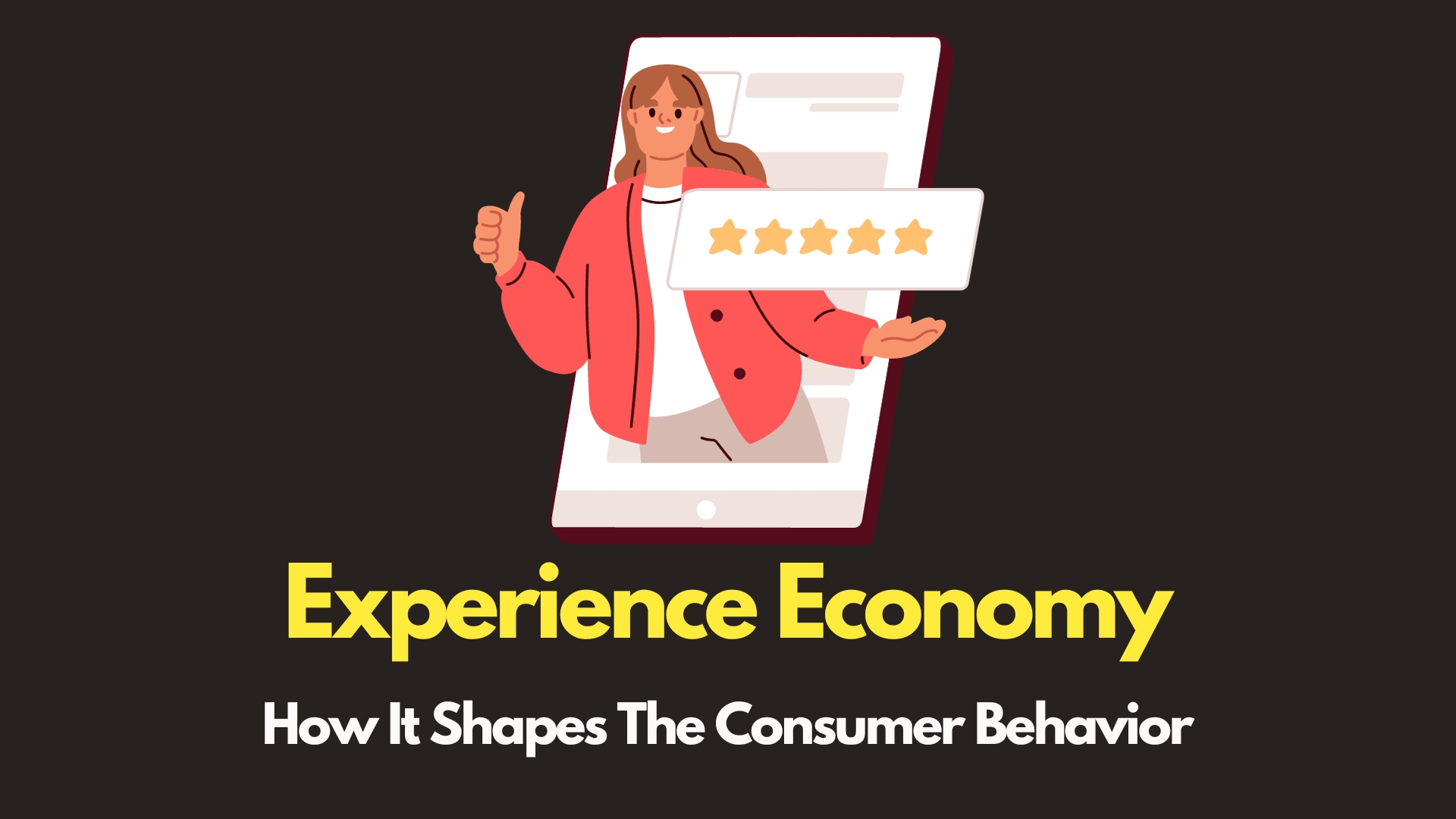Published
- 4 min read
Consumer Psychology in the Experience Economy

Key Takeaways
- Experiential Marketing: Understanding the shift towards consumer experiences in purchasing decisions.
- Consumer Psychology: Insight into how emotions and psychology influence buying behavior.
- Personalization: The importance of tailored experiences based on consumer preferences and biological rhythms.
- Materialism vs. Experientialism: How they relate to consumer happiness and brand experiences.
- Digital Influence: The role of digital platforms in shaping the modern experience economy.
- Economic Psychology: The debate on economic psychology’s role in consumer behavior.
In an era where consumers are inundated with options, the factors that influence their purchasing decisions have evolved. The traditional emphasis on product features and price competitiveness has given way to a more nuanced understanding of consumer behavior. Today, experiential factors play a pivotal role in shaping consumer choices. At Gufito.com, we delve into the intricacies of this shift and explore how businesses can adapt to the changing landscape.
The Rise of Experiential Marketing
Experiential marketing has become a cornerstone of modern business strategies. This approach focuses on creating memorable and engaging experiences for consumers, which, in turn, drive loyalty and purchase decisions. The emotional connection that a consumer forms with a brand during an experience often weighs more heavily than any other factor in their decision-making process.
For instance, the hospitality and tourism sectors have seen a clear trend where the value of an experience can sometimes trump the value of the service itself. This is reflected in the emerging technologies in e-commerce and their impact on customer experience.
Emotional Responses and Consumer Psychology
Consumers are not just rational actors; they are emotional beings whose purchasing decisions are deeply influenced by their feelings. The psychology of customer experience in online shopping reveals that the way a consumer feels about a website can significantly affect their intention to purchase. This emotional response can be tied to various factors, such as website design, ease of navigation, and the overall aesthetic appeal.
Businesses can leverage this by focusing on the psychology of discounts and how they elicit a positive emotional response, leading to increased sales and customer retention.
Personalization and Biological Rhythms
The personalization of consumer experiences has become a sophisticated art. Insights from studies suggest that personalization strategies should take into account the phases of human biological rhythms. By aligning marketing messages and experiences with the consumer’s emotional state, businesses can significantly enhance the effectiveness of their campaigns.
The impact of social media on teen shopping trends is a testament to the need for personalization, as this demographic is particularly responsive to tailored content that resonates with their current emotional and psychological state.
Materialism vs. Experientialism
The debate between materialism and experientialism in consumer happiness is ongoing. A proposed consumer-experience model suggests that the type of brand experiences evoked can determine the effects of materialism and experientialism on consumer happiness. Brands that can offer experiences that align with consumer values, rather than just material possessions, are likely to see a greater impact on consumer satisfaction and loyalty.
Understanding the role of emotions in purchasing decisions can help businesses craft experiences that cater to the experiential needs of consumers.
Digital Platforms and the Experience Economy
The digital journey of consumers in the experience economy is shaped by their interactions with brands online. Digital platforms offer a unique opportunity for businesses to create immersive experiences that can lead to deeper consumer engagement. The use of virtual reality, augmented reality, and interactive content can transform the consumer experience, making it more memorable and impactful.
Businesses should consider the intersection of technology and mindfulness to enhance the digital consumer experience, leveraging the latest technological advancements to create a sense of presence and immersion.
Economic Psychology and Consumer Behavior
The field of economic psychology provides valuable insights into consumer behavior. Although the relationship between economic psychology and social psychology is still debated, it is clear that understanding the psychological underpinnings of economic behaviors is crucial for businesses. By recognizing the psychological triggers that influence consumer decisions, brands can develop more effective marketing strategies.
For example, the psychology of bargain hunting can shed light on the economic behaviors of consumers looking for the best deals.
Conclusion
Experiential factors have undeniably become key in consumer purchasing decisions. By understanding and leveraging consumer psychology, personalization, and the power of digital platforms, businesses can create compelling experiences that resonate with consumers on an emotional level. As we continue to explore the depths of the experience economy, it’s clear that the brands that prioritize meaningful experiences are the ones that will thrive.